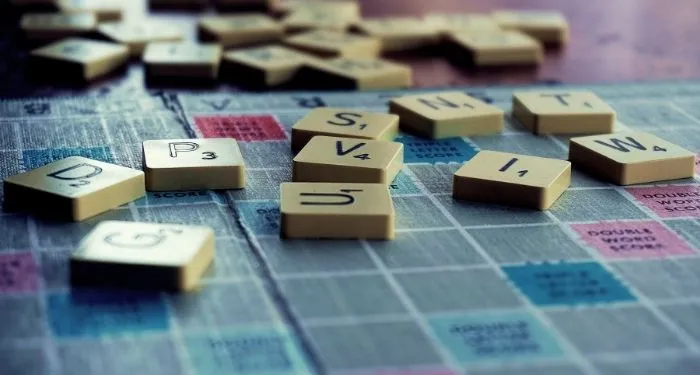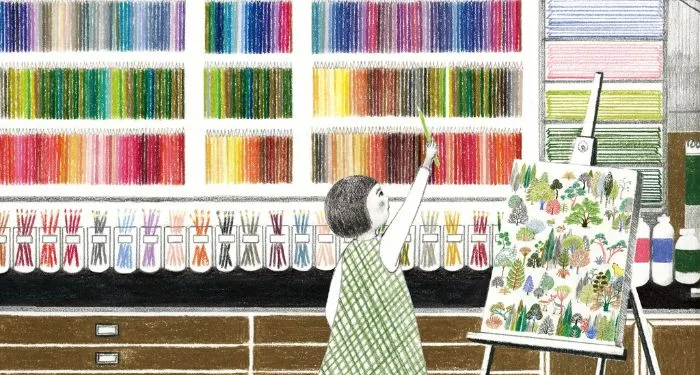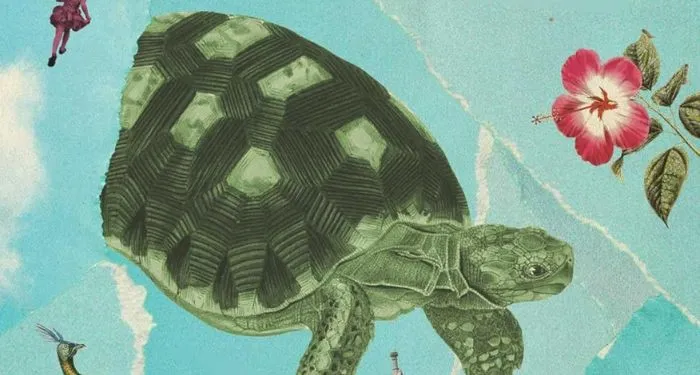In response to:
The Cares of State from the October 9, 2025 issue
To the Editors:
Catherine Nicholson’s review of Nan Z. Da’s The Chinese Tragedy of ‘King Lear’ [“The Cares of State,” NYR, October 9] is fascinating, and one of the most moving reviews I’ve ever read. But one remark of Nicholson’s confuses me. Near the end of her essay, she writes that the play’s “gods are notoriously vicious or absent; it makes no promises of justice in the hereafter; in lieu of the Sermon on the Mount it gives us a suicidal pantomime on an imaginary cliff.” Yet Edgar’s speech to his blind father, Gloucester, informing him falsely that he is situated at the edge of the Cliffs of Dover (a celebrated piece of imaginative writing, in which many of us learned the meaning of the word “samphire”), succeeds in disrupting Gloucester’s attempted suicide. It is one of the “gestures of courage and care” that Nicholson mentions, of a kind that Edgar can only perform while he is not recognized by his father; and we are relieved when Gloucester falls forward, he thinks to his death, but only swoons, and is saved. So why does Nicholson use it as an example of the play’s horrors?
Mark Caponigro
Jenkintown, Pennsylvania
It’s true that Edgar cures his father of the desire to kill himself, but the way he does it is elaborately strange and unnecessarily brutal—care mixed with cruelty. After all, he could just say, “Hey, no need to kill yourself; it’s me, Edgar!” Instead, he keeps his identity secret, staging a suicide attempt that the audience witnesses as horrid slapstick—an eyeless old man falling on his face—and Gloucester himself experiences as terrifyingly real. Edgar insists that it’s for a good cause (“Why I do trifle thus with his despair/Is done to cure it”), but he admits to fearing that the stress of the ordeal will prove deadly (“And yet I know not how conceit may rob/The treasury of life, when life itself/Yields to the theft”). The word “trifle” recalls Gloucester’s devastating analogy from five scenes earlier: “As flies to wanton boys are we to the gods;/They kill us for their sport.” Gloucester is not killed for sport, but there’s a sense in which he is not-killed for sport. At the very least, something is being purged or exorcised here; some intergenerational score is being settled, some deep resentment being aired, if only in perilous play. As Nan Da’s book suggests, that’s a scenario born of intimate betrayal amid widespread social failure: it is extremely hard to do right, or make repair, without compounding wrong.



















 English (US) ·
English (US) ·